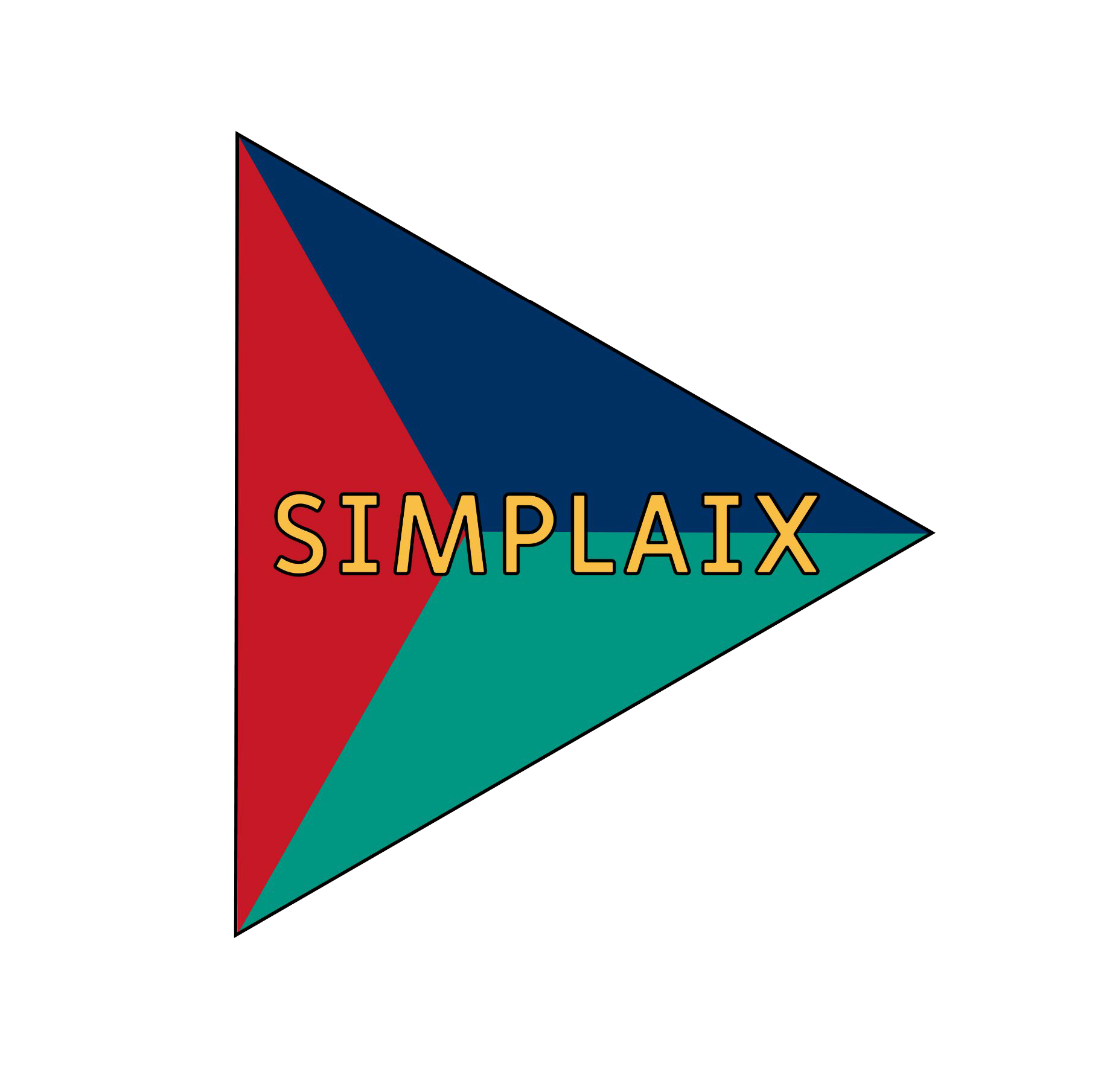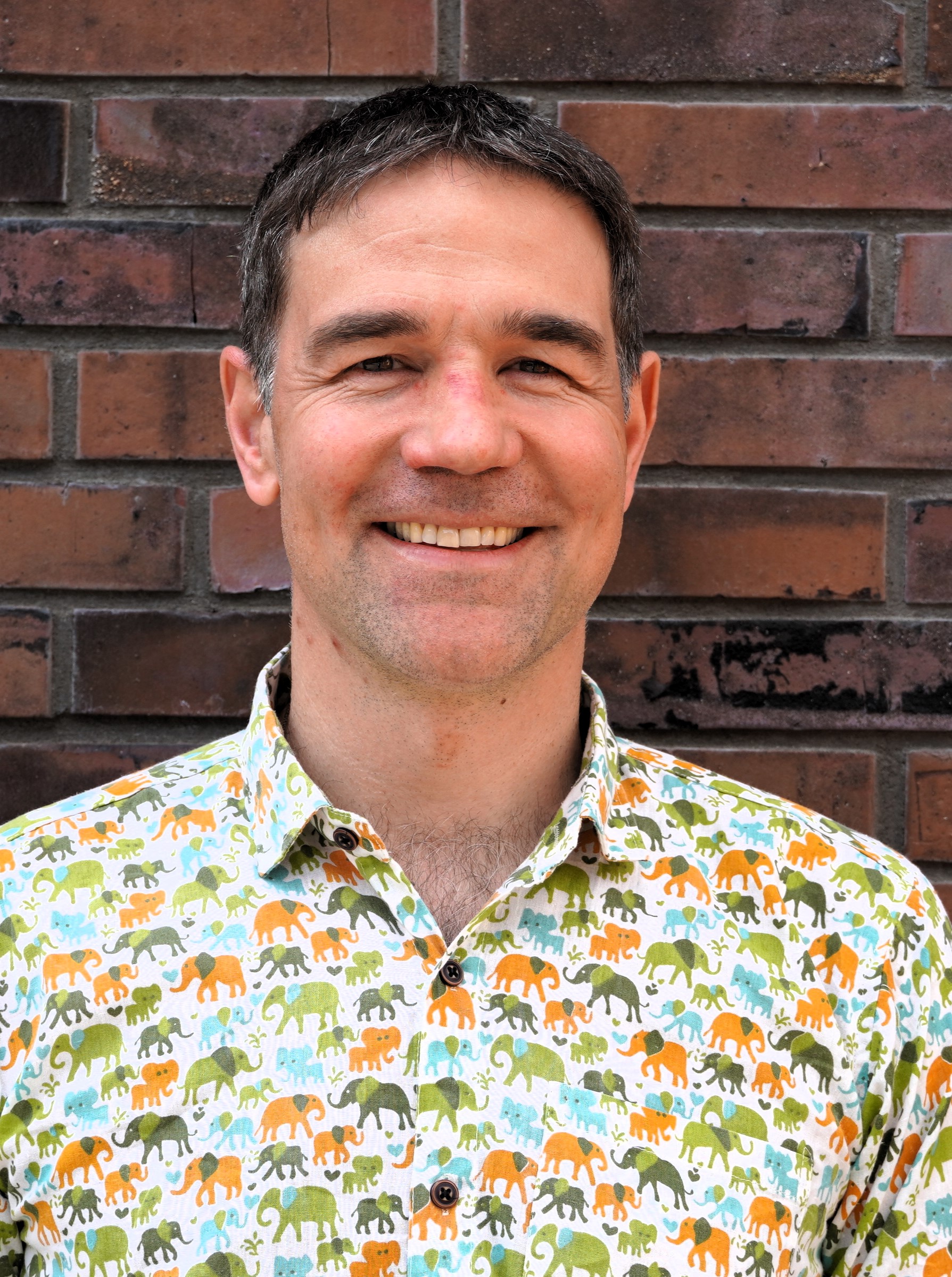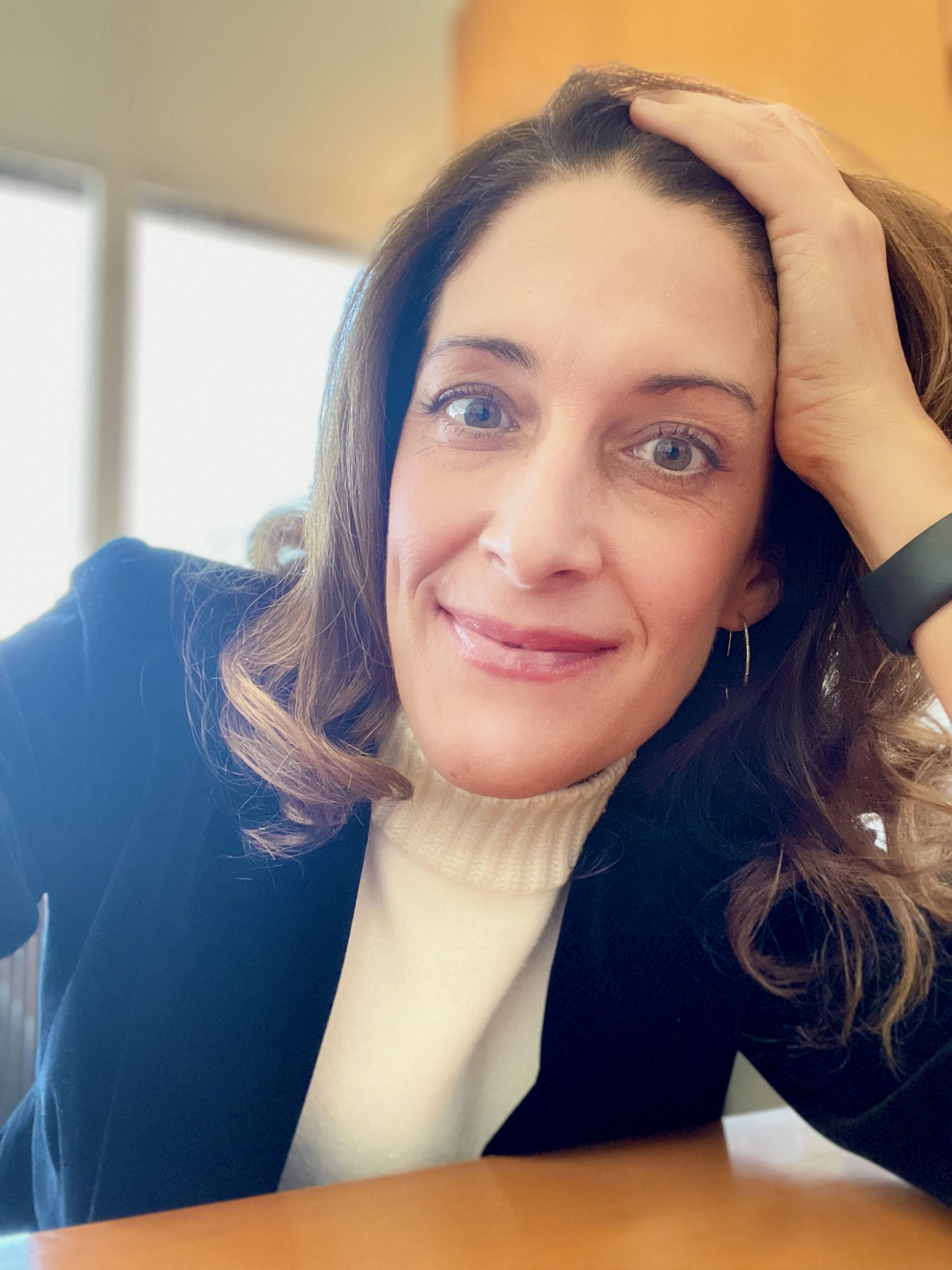
3rd SIMPLAIX Workshop on “Machine Learning for Multiscale Molecular Modeling”
For further information, see the workshop website: https://simplaix-workshop2025.h-its.org/

HITS organizes scientific events throughout the year. Each month, HITS hosts its colloquium series. If you like to receive an invitation, please use this registration form: https://www.h-its.org/registration/
Our research groups offer scientific workshops. Additionally, HITS offers talks and events for the general public in Heidelberg and surroundings.

For further information, see the workshop website: https://simplaix-workshop2025.h-its.org/

From accusations of plagiarism against Harvard's former president to the case of Stanford's Marc Tessier-Lavigne and over to the horrific case of Paolo Macchiarini's plastic windpipes -- scientific misconduct has exploded into the public eye in recent years. How can scientists and journalists cover such cases without undermining trust in the scientific process and our […]

The 15th SIMPLAIX internal project meeting will take place at KIT.


By Massimiliano Bonomi, Institut Pasteur, Paris, France Understanding the molecular mechanisms by which biological systems carry out their functions is often essential for the rational targeting of associated diseases. In many cases, determining the three- dimensional (3D) structure of these systems provides valuable insights. However, it is often the interplay between structural and dynamical properties […]

The 16th SIMPLAIX internal project meeting will take place at the HITS main building, Alan Turing room.

By Raphael Hirschi, Klaus Tschira Guest Professor Astrophysics Research Centre, School of Chemical and Physical Sciences, Keele University, UK In this colloquium, I will start by briefly reviewing the importance of stars in the Universe. I will then discuss how we can re-create stars on computers using a range of simulations using a […]


By Rommie Amaro, Endowed Chair, Distinguished Professorship in Theoretical and Computational Chemistry, Department of Molecular Biology, UC San Diego, USA Advances in multiscale computational microscopy are transforming our ability to visualize and understand biomolecular systems in their native contexts. In this talk, I will highlight recent progress in in situ molecular dynamics (MD), where […]
This page is only available in English